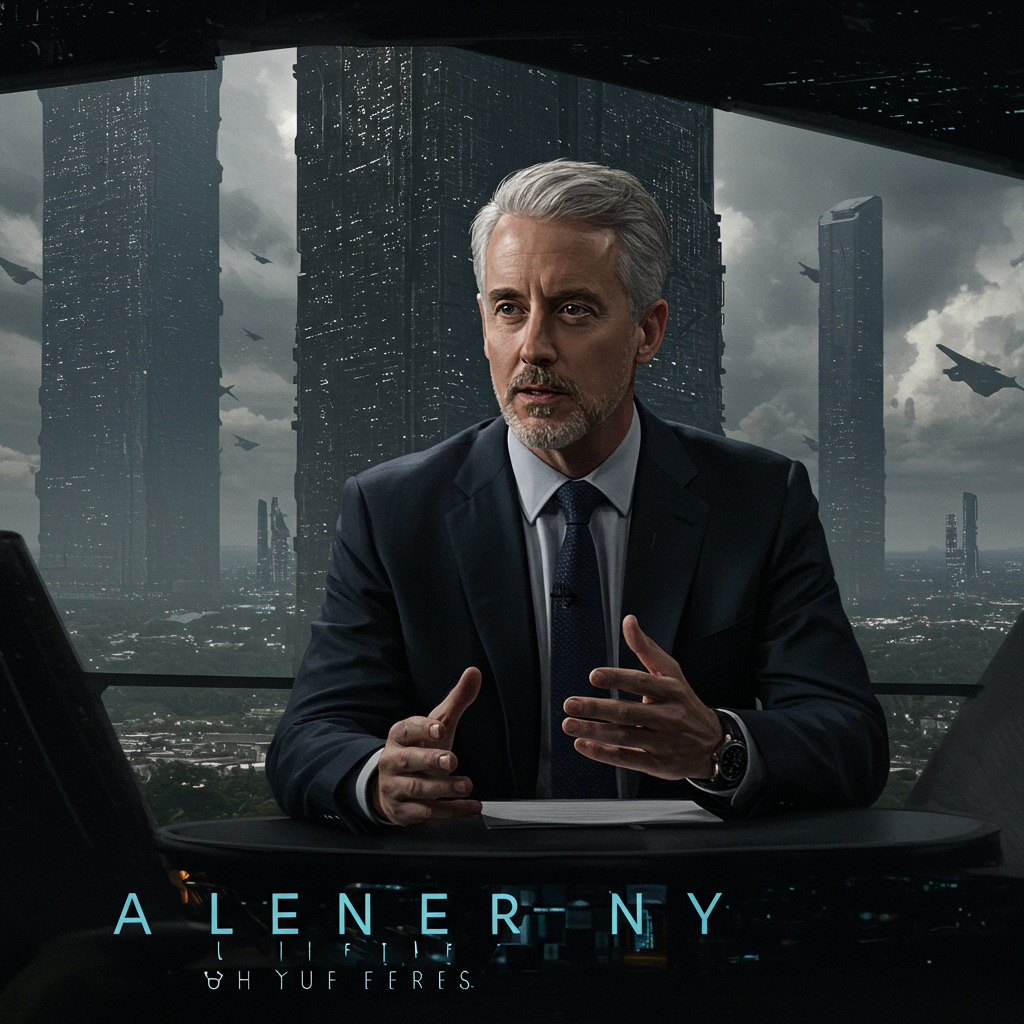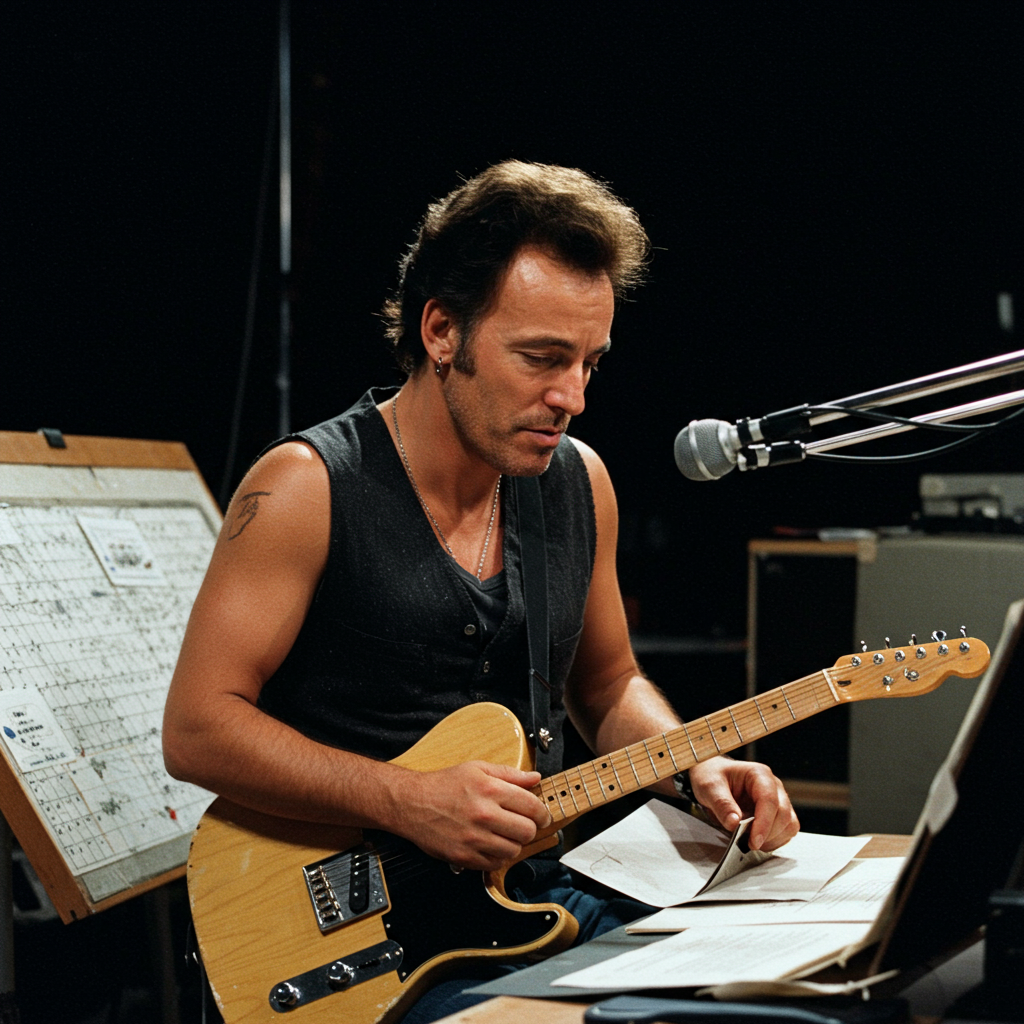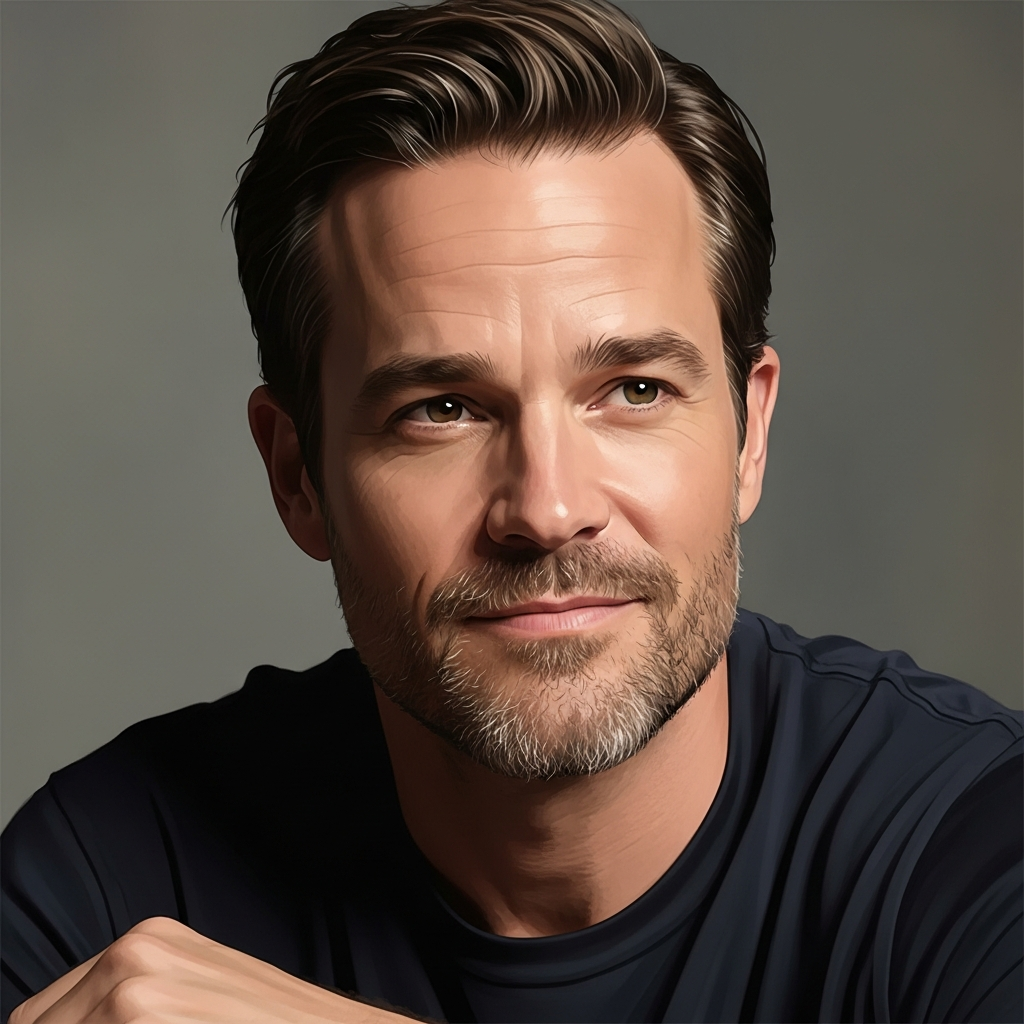Prepare to re-enter a terrifying universe unlike any before, as Noah Hawley’s highly anticipated Alien: Earth series plunges viewers into a chilling corporate dystopia. Set to premiere on Hulu and FX, this groundbreaking science fiction series acts as a stark reflection of contemporary anxieties, envisioning a future where unchecked corporate power and the pursuit of immortality have reshaped humanity itself. Far from a simple creature feature, Alien: Earth promises a profound exploration of what it means to be human in a world owned by ruthless megacorporations.
The Genesis of a Dystopian Vision
Noah Hawley, the acclaimed creator behind hit series like Fargo and Legion, approaches Alien: Earth from a deeply personal place. Becoming a father during the Great Recession profoundly influenced his creative direction. He continually grapples with a fundamental parental question: “How are we supposed to raise these people in the world that we’re living in?” This core concern directly fuels his vision for Alien: Earth. The series serves as a chilling projection of what our children might inherit if current trends, such as rampant income inequality, the rush for unregulated “startup cities,” the development of brain-computer interfaces, and the nascent warnings of unregulated artificial intelligence, continue unabated. Hawley frames the future as a “moral horror,” especially through the lens of growing up in such a world.
Entering 2120: A World Owned by Corporations
Alien: Earth transports audiences to the year 2120, a mere two decades before the events of Ridley Scott’s original Alien film. In this grim future, traditional nation-states have vanished, supplanted entirely by vast corporate territories. Megacorporations now hold dominion over entire continents. Weyland-Yutani, a familiar name to franchise fans, controls North and South America. Threshold oversees Europe, while Dynamic governs North Africa and the Middle East. Lynch dominates Russia. The new player, Prodigy, known for its synthetic AI and soft drinks, asserts control over East Asia, Australia, Greenland, and Iceland. This corporate takeover extends beyond mere land; these powerful entities effectively own every aspect of life, from personal memories to even human bodies.
New Siam: A City of Stark Contrasts
Much of the series unfolds in New Siam, Prodigy’s sprawling corporate city. Filmed and based in Bangkok, New Siam embodies Hawley’s vision of a planet that has become “hotter and a lot wetter,” with water reclaiming parts of major cities. River-based transportation has become essential. The city itself is a striking visual representation of extreme class division. “Humanity Minus” endures existence in dark, subterranean hovels. Conversely, “Humanity Prime” enjoys opulent lives in towering, supertall structures, symbolized by lavish, almost anachronistic, Louis XIV-themed parties.
Humanity Reimagined: The “Moral Horror” of Hybrids
The relentless human pursuit of immortality in this future has birthed three competing technologies that redefine existence. There are synthetic AI minds, known as synths. Then, there are humans with significant cybernetic enhancements, referred to as cyborgs. Most unsettling are the hybrids: human minds downloaded into synthetic bodies. The narrative of Alien: Earth kicks off with a critical event: the deep space research vessel, the USCSS Maginot, crashes on Earth. It carries a terrifying cargo – five captured alien species. Prodigy, the rising corporate giant, dispatches a team of six hybrids to investigate this catastrophic event.
The central protagonist, Wendy, embodies the profound ethical dilemmas of this new reality. She is the first-ever hybrid, originally a terminally ill child selected for Prodigy’s radical immortality experiment. Now, she awakens in a super-strong, super-fast, ageless synthetic adult body. Hawley deliberately highlights the “moral horror” inherent in these hybrid characters. He emphasizes the profound difficulty of placing prepubescent children’s minds into adult bodies, forcing them to confront and make “impossible choices” within a corporate-controlled world that shows no mercy.
Boy Kavalier: The Peter Pan of Prodigy
The chilling face of corporate power in Alien: Earth is personified by Boy Kavalier, Prodigy’s CEO. He is presented as the “youngest trillionaire ever,” having founded the company at the astonishing age of six. Hawley describes Kavalier as an egomaniacal “boy genius,” drawing a parallel to Peter Pan. His secluded island research facility, where the first hybrids were created, is tellingly named Neverland. He even renames his hybrid creations after Peter Pan’s Lost Boys. Kavalier’s immense, unprecedented wealth breeds a complete detachment from conventional value. His instruction to “triage the rescue by income bracket” after the Maginot crash chillingly illustrates his worldview. Hawley uses Kavalier to pose a critical question to the audience: “Where are the adults? Where are the people who think more about tomorrow than today?”
Crafting the Future: Retro-Futurism and New Horrors
Aesthetically, Alien: Earth embraces a distinct “retro-futurism,” a deliberate homage to the gritty, lived-in feel of Ridley Scott’s original Alien. Hawley meticulously recreates the look of the USCSS Maginot, ensuring it mirrors the Nostromo‘s iconic design, complete with cathode ray tube monitors and green ASCII text displays. This commitment to authenticity ensures a cohesive visual language with the broader Alien universe. The attention to detail in replicating the worn, functional aesthetic of early Alien design is paramount. Adam Savage, renowned for his meticulous prop replicas, famously highlights how the “paint job” or weathering of the original Alien space suits, designed by Jean Giraud (Moebius), transformed disparate elements into a cohesive, believable future. This dedication to practical, tactile authenticity echoes Hawley’s own production philosophy.
Beyond H. R. Giger’s iconic xenomorphs, the series introduces a chilling array of new extraterrestrial species. Viewers will encounter a flying insectoid, a botanical creature, and a particularly disturbing, highly intelligent tentacled eyeball that can hijack a host through their eye socket. These creatures, developed by Hawley in collaboration with WETA, aim to evoke the primal “genetic-revulsion feeling” so effectively generated by the original facehugger. Hawley favors unsettling design choices, such as creatures that are “bad fliers” or possess “flat teeth,” over more conventional sharp claws, ensuring fresh, visceral horror.
Hawley prioritized practical effects and “guerrilla techniques” to maintain the personal, visceral feel that defined the original Alien. He describes the production as a “very hands-on process” designed to avoid feeling “soulless.” The biggest creative risk, or “swing,” for the series, according to Hawley, is the concept of “actors playing children in adult bodies.” While this idea initially made some collaborators nervous, Hawley believed that if written and acted correctly, the inherent nobility, truthfulness, and honor of children could yield compelling results. Ultimately, Alien: Earth aims to be a thought-provoking science fiction series that explores the intricate layers of the future, the essence of humanity, and the complex, often traumatic, journey of growing up—especially when, for the hybrids, “humanity is now a choice.”
Frequently Asked Questions
What is the premise of Noah Hawley’s Alien: Earth series?
Noah Hawley’s Alien: Earth is a prequel set in 2120, two decades before the original Alien film. The series envisions a future dominated by powerful corporations that have replaced nation-states. The story begins when the USCSS Maginot crashes on Earth with five captured alien species, leading the megacorporation Prodigy to dispatch a team of “hybrids”—human minds in synthetic adult bodies—to investigate. The narrative explores themes of corporate control, immortality, and the moral complexities of identity in a dystopian future.
Which corporations dominate the future world of Alien: Earth?
In the world of Alien: Earth, traditional nation-states are obsolete, replaced by vast corporate territories. Weyland-Yutani controls North and South America, Threshold owns Europe, Dynamic governs North Africa and the Middle East, and Lynch holds Russia. A prominent new player, Prodigy, specializes in synthetic AI and soft drinks, dominating East Asia, Australia, Greenland, and Iceland. These powerful entities exert control over land, cities, and even personal aspects of human life.
How does Alien: Earth explore the ‘moral horror’ of its futuristic society?
Alien: Earth delves into “moral horror” primarily through its “hybrid” characters, specifically protagonist Wendy, a child’s mind placed into an adult synthetic body. Creator Noah Hawley highlights the disturbing implications of forcing prepubescent children into adult bodies to make “impossible choices” within a corporate-owned world. This concept serves as a metaphor for current societal anxieties like income inequality and unregulated AI, posing critical questions about the ethics of technological advancement and the kind of future humanity is building.
Conclusion
Alien: Earth transcends typical sci-fi horror, offering a profound and unsettling look at a future shaped by corporate greed and technological ambition. Noah Hawley’s masterful storytelling, combined with a meticulous commitment to the Alien universe’s aesthetic, promises a series that is both viscerally terrifying and intellectually stimulating. By exploring deeply personal parental fears on a grand, futuristic canvas, Alien: Earth invites audiences to consider the true cost of unchecked progress and what it means for the next generation. This journey into a corporate hellscape is poised to become an essential entry in the beloved Alien franchise, forcing viewers to confront a future where humanity itself becomes a choice.



